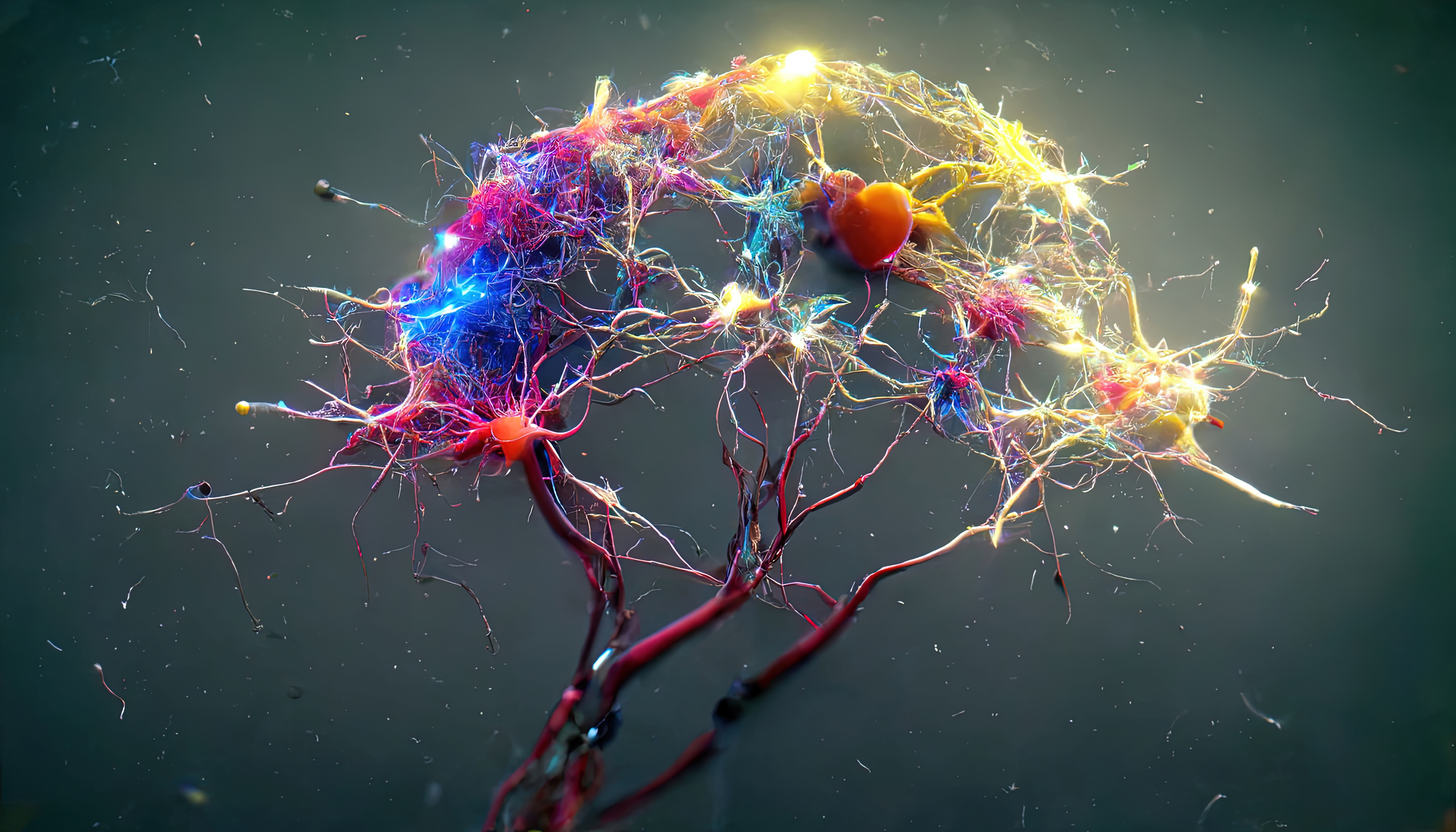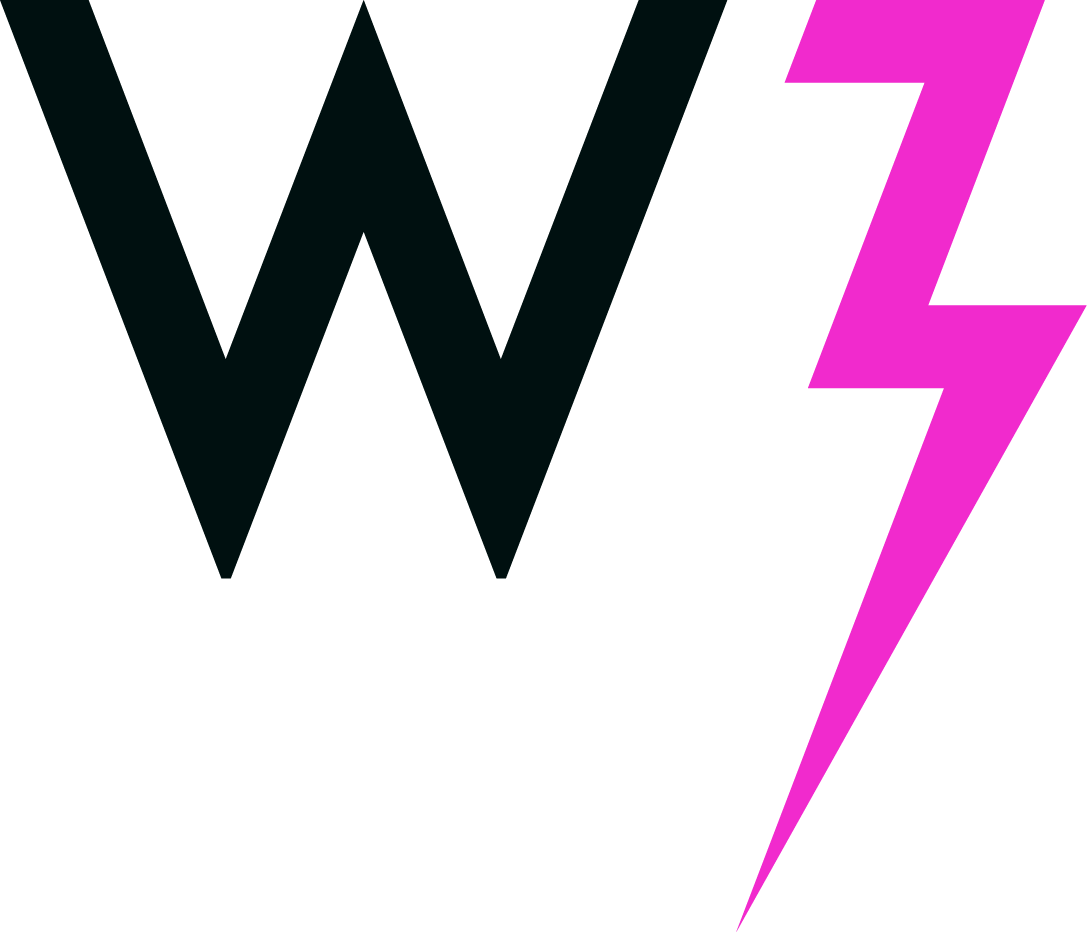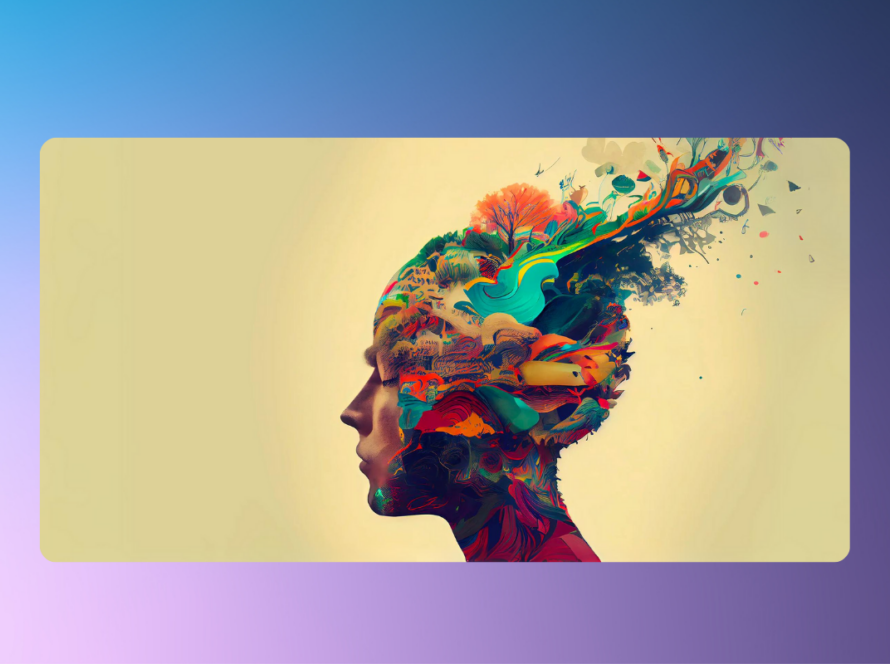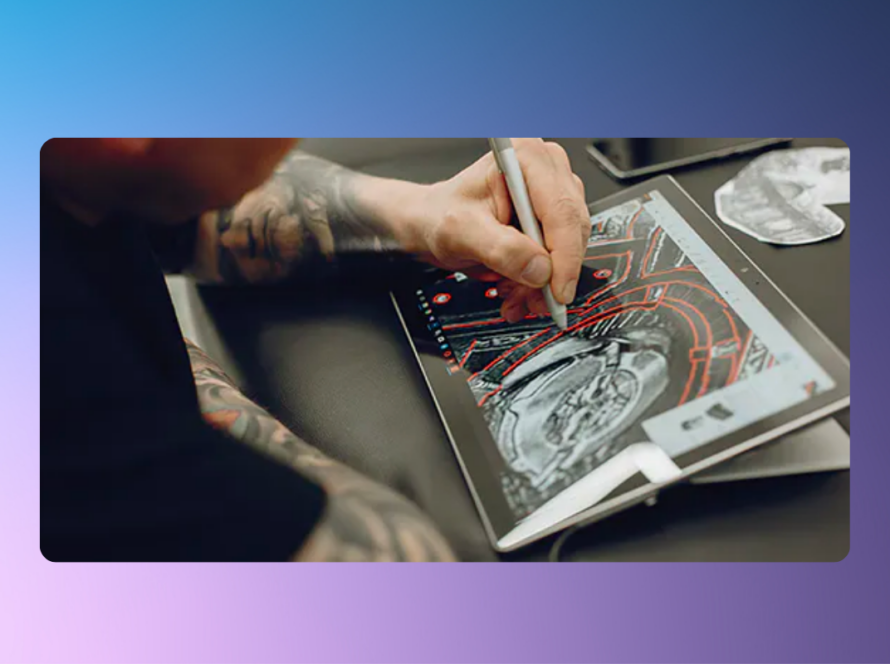Most creatives agree: you need to master AI before it masters you. Companies are increasingly relying on AI to automate processes and unlock new opportunities, which sounds great for the bottom line. But what does this mean for the future of creative fields?
This puts companies in a difficult position: how do they keep up with advancing technology while quelling the fears of the teams who’ve helped build them?
I recently spoke to Aaron Metzger, Marketing Strategist and Founder of Genius Digital Marketing, about how companies can walk the tricky tightrope of embracing AI while empowering their teams.
“It’s up to everyone in creative industries to push back against the negative impacts of AI,” asserts Aaron. “We have to ensure companies use AI to supplement and not replace their workforce.”
“We have to ensure companies use AI to supplement and not replace their workforce.”
An AI-Generated, Double-Edged Sword
AI proponents say that the technology has the potential to drastically reduce the time and effort spent on day-to-day tasks that take away from more important things, like strategizing and ideating.
Some skeptical marketers are concerned that AI will make their roles obsolete. Even though human knowledge is still vital in an AI strategy, it’s little comfort for those in creative positions.
“There’s going to be a level of work that can’t be replaced with AI or automation,” explained Aaron. “You can’t train a robot to dream or create. It’s just piecing things it’s learned along the way without considering what the future looks like. That’s where inspiration comes from.

“Unless we can automate inspiration, there will always be a space for creatives. However, there will probably be a smaller pool of people hired to be graphic designers and the like. It’s a hard reality for college kids or people just starting their career to face.”
“Unless we can automate inspiration, there will always be a space for creatives.”
While there is merit in the claim that AI can be supplemental and isn’t intended to replace creative roles entirely, it’s difficult to say how things will shake out as technology continues to mature and evolve.
“As marketers, we understand the importance of one good sentence. If you load the right prompt into ChatGPT, you can use it to get inspired and reach that ‘ah-ha’ point a little faster.”

Rejecting a World Without Quality
Generative AI relies on existing data (which is oftentimes at least two years outdated in the case of ChatGPT). This limits its ability to keep up with the breakneck pace of news cycles and market trends.
Although it’s very good at mimicking it, the results lack the total depth of human creativity and critical thinking. This could drive an inherent demand for human-generated work.
“If you want a really nice coffee table, would you go to Walmart to buy it? No. You would go to an artisan that made it by hand,” said Aaron. “Quality doesn’t age. There will always be a demand for artists as long as there is a demand for quality.
How Leaders Can Ethically Use AI
AI doesn’t have to be viewed as the fifth horsemen of the apocalypse. “We can use AI to give people a healthier work/life balance,” said Aaron.
“A lot of our clients are leasing agents at high-rise properties. We generate over 50 leads a day for them, and it can be difficult for them to keep up with the demand. We use AI to qualify leads that come through via text conversations to help take some of the work off of them.
“People need to have a life, even leasing agents, who are supposed to work 24 hours, seven days a week.”
So, how can you embrace AI while making sure it’s used ethically? Here are a few ways:
So, how can you embrace AI while making sure it’s used ethically? Here are a few ways:
-
Train your team to be AI masters. In the future, roles will likely evolve to include people who manage AI on behalf of an organization. To avoid any fears of being replaced by a robot, give your team the keys and let them drive the machine.
-
Enforce guidelines around the use of AI. Build a system to audit and monitor the use and behavior of AI to ensure that it’s being used in a way that holds up your company’s values, such as avoiding plagiarism, false information, and a general lack of creativity.
-
Supplement, don’t replace. AI should never be viewed as a means to cut down on your overhead. Attempting to implement an AI team without creative oversight will make your campaigns suffer from a severe lack of character.
The Choice is Yours
“Leaders have a responsibility to be good people and not use tech the wrong way,” said Aaron. “You can use AI to speed up production and automate day-to-day tasks, but don’t be the person who is replacing jobs because of it.
“AI can change the world for the better when the right people use it. It should always require someone to be there to pull the strings because it’s not the end product. It’s CliffsNotes. It’s the starting point.”
“AI can change the world for the better when the right people use it.”
Want to learn more about the future of AI and how it will impact creatives? Check out what ChatGPT had to say on the subject.
About the Author




